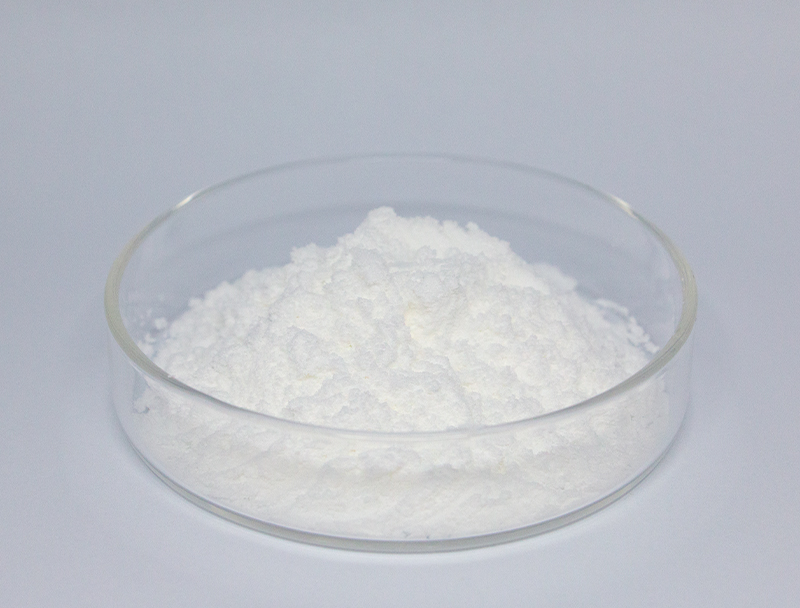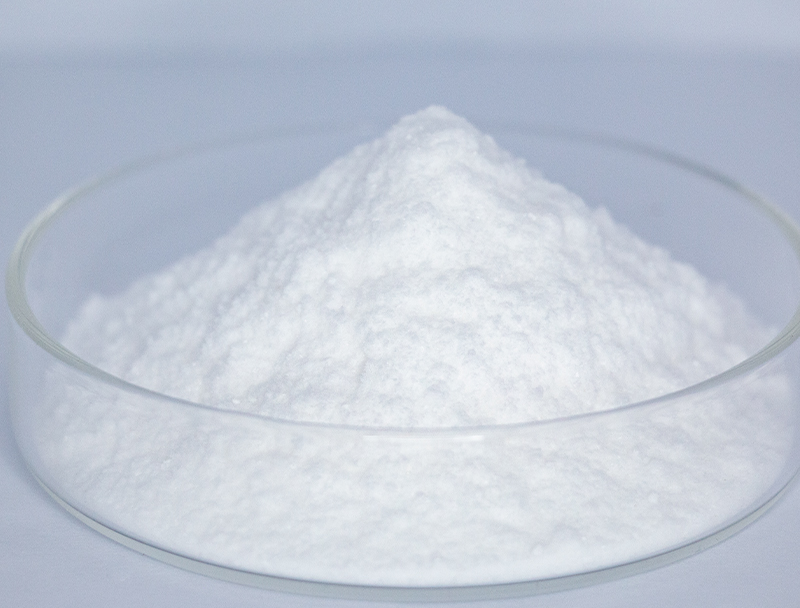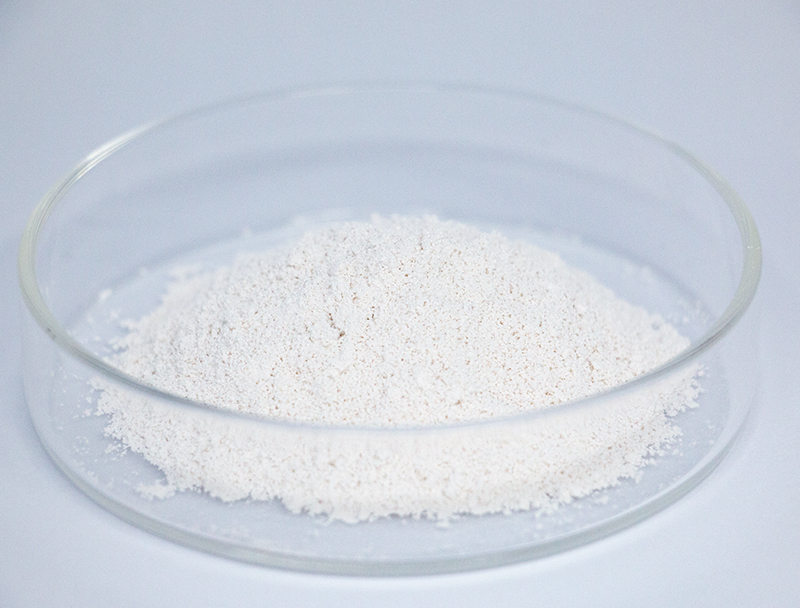
Bioprocessing depends strongly on a wide assortment of raw materials to manufacture advanced biological products.
Securing continuous ethical sourcing of resources is paramount for the long-term viability and ethical growth of the industry.
many concerns related to standard raw input procurement including biodiversity loss and excessive resource use. Hence, stakeholders must deploy sustainable supply practices to minimize environmental costs.
- Situations demonstrating ethical sourcing encompass:
- Harnessing secondary biomass from farming outputs
- Deploying circular process designs to reduce discard and boost reuse
- Working with community-based suppliers that follow ethical standards
Shifting to ethical sourcing drives environmental value and long-term commercial viability.
Refining Biomass Sources to Enhance Fuel Conversion
Optimizing biofuel yields depends strongly on feedstock quality and makeup. Technologists actively pursue refinements to increase feedstock efficiency, yielding greater biofuel outputs and greener energy prospects. Tactics include molecular breeding to increase biomass and chemical or physical pretreatments to release sugars.
- Similarly, research probes algae, byproduct streams, and harvest remnants as potential sustainable sources to augment biofuel feedstocks.
- Via sustained research the industry stands ready to accomplish considerable improvements that enable a greener energy transition.

Advances in Biopharmaceutical Manufacturing: Focus on Upstream Operations
spans early manufacturing steps including propagation and cell separation Modern progress within the sector has contributed to more efficient processes and higher production.
Meaningful breakthroughs include engineered cell strains, enhanced culture formulations, and modular reactor designs. The improvements increase output while decreasing cost structures and sustainability impacts.
- Likewise, the move to continuous systems facilitates better adaptability and streamlined upstream production.
- Implementing cutting-edge manufacturing technologies will probably redefine workflows and accelerate innovation.

Next-Gen Gene Editing for Enhanced Protein Expression
refinements in gene-targeting technologies have advanced protein production workflows. Using precise gene interventions, engineers raise the output of key therapeutic proteins. Such strategies offer promise to create cost-effective, high-efficiency therapeutics across many disease areas.
Using Microbial Systems for Site-Specific Remediation
innovative solutions for sustainable bioremediation, a critical process for addressing environmental pollution. Microbial species can metabolize and convert hazardous compounds into benign byproducts.. Using microbial biotechnology enables remediation strategies that balance effectiveness with ecological protection. Scientists are actively exploring a wide range of microbial species with diverse metabolic capabilities to target various pollutants, including heavy metals, pesticides, oil spills.. Such organisms are usable in treatment systems or applied directly to soils and waters to drive biodegradation of contaminants..
Microbe-based remediation provides compelling advantages over standard remediation methods. Such strategies are budget-friendly and lessen the creation of harmful byproducts. Furthermore, microbial solutions are highly specific, allowing for the remediation of particular pollutants without disrupting the broader ecosystem. Advancements continue apace to increase the speed, efficiency, and applicability of microbial remediation techniques.
Data-Driven Approaches for Therapeutic Development
Computational biology approaches are becoming vital across contemporary drug R&D. From target selection to safety profiling, bioinformatics empowers rapid, data-informed therapeutic design.
- By interrogating large-scale omics and clinical information, scientists find new targets and predict candidate efficacy.
- Likewise, computational docking and dynamics help design molecules with improved target engagement and potency.
- In conclusion, computational biology reshapes discovery pipelines and speeds delivery of reliable treatments for patients.
Metabolic Design Approaches to Boost Bioproduct Yields
employs a variety of strategies to augment the synthesis of valuable bioproducts within microorganisms. Strategies involve pathway refactoring by genetic modification, expression modulation for balanced flux, and grafting of novel genes to add capacity.. With precise metabolic tuning scientists can greatly enhance yields of desired compounds.
This multifaceted approach has the potential to revolutionize a broad range of industries, including biopharmaceuticals, agriculture, and bioenergy.

From Lab to Plant: Challenges and Opportunities in Biomanufacturing Scale-Up
Large-scale manufacturing brings notable difficulties together with growth opportunities. Ensuring product consistency at larger manufacturing scales represents a major hurdle. Tackling it demands tightly integrated control systems, precise surveillance, and state-of-the-art analytics.

Process intricacy spanning various stages creates significant scale-up complexities.. Adapting protocols for industrial scale requires considerable development work and engineering advances.. Nonetheless, the advantages can be major. Successful scaling up can lead to increased access of life-saving therapies, reduced production costs, and enhanced profitability.
A series of measures are underway to confront these obstacles. Efforts include process-digitization tools, integrated analytics for monitoring, and fresh manufacturing paradigms.
- Product development and process R&D are pivotal to boosting production capabilities.
- Authorities are revising processes to enable faster clearance of manufacturing innovations and encourage progress.
Aligning Biomanufacturing with Regulatory Standards for Patient Safety
Creating biologic medicines requires strict regulatory controls to maintain both patient safety and therapeutic value. Biologically derived medicines entail particular manufacturing and regulatory complexities compared with chemical drugs.
Agencies such as the FDA in the United States and the EMA in Europe play a crucial role in establishing guidelines and standards for the approval of these innovative therapies..
Rigorous testing protocols are mandatory throughout the development lifecycle, from pre-clinical research to post-market surveillance.. These controls function to identify dangers and ensure biopharmaceuticals achieve premier safety standards..
Moreover, oversight agencies continually refine approaches to align with accelerating scientific progress in therapeutics.. Strategies include welcoming technological advances and simplifying development while prioritizing patient safety.

Exploring the Potential of Plant-Based Biomass Feedstocks in Bioplastics
The trend toward sustainability stimulates development of renewable material technologies. Converting plant biomass into bioplastics offers a credible pathway to environmentally sound products. Organic feedstocks like cornstarch, cellulose, and sugarcane can be converted to compostable polymers that shrink the environmental footprint of plastics.
In addition, certain bioplastics match performance of petroplastics, enabling broad applicability in multiple sectors.. Continuous R&D will drive plant biomass into scalable bioplastic manufacture and help establish closed-loop material systems.
Emerging Biotech Solutions for Health and Food Security
Biotech innovations hold promise to dramatically impact health and the reliability of food systems. Through CRISPR, synthetic circuit design, and cell therapy progress, developers generate methods to counter infectious agents, optimize crops, and elevate nutritional profiles.. For instance, genetically modified crops can be engineered to resist pests and environmental stresses, leading to increased agricultural production and reduced reliance on harmful pesticides.. Similarly, biotech contributes advanced vaccines, antimicrobial strategies, and diagnostic techniques crucial for infectious disease management and health advancement.. Continued scientific progress suggests biotechnology will increasingly underpin healthier, more sustainable N-Acetylneuraminic acid societies worldwide.
